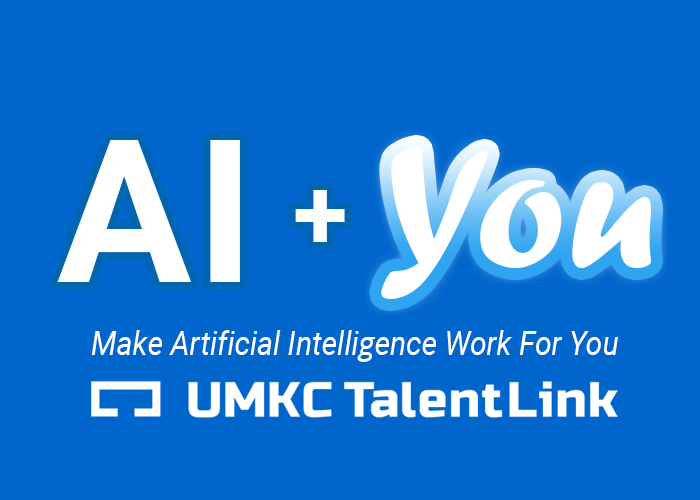homepage | Smart Business Strategies For Using Artificial Intelligence Chatbots
June 12, 2023
June 12, 2023

An artificial intelligence-powered chatbot can serve as a powerful tool in a conversational AI strategy to benefit your business. Let’s explore ways that companies use chatbots and strategies to consider.
A chatbot is a computer software application using artificial intelligence (AI) that can respond to text prompts and chat, making it useful for customer service, marketing, and sales. Some chatbots operate within a predefined conversation workflow. Chatbot conversations can be structured and defined as part of the guest experience. A chatbot can quickly answer FAQs in real time, provide links to resources for customer service, qualify website visitors for sales lead generation, and more.
These more sophisticated chatbots rely on AI, natural language processing, and machine learning to converse with users. These bots mimic human conversation through text or voice interactions, typically online, and offer more powerful capabilities and uses.

Service and Hospitality
Marriott International and Aloft began using AI-powered chatbots nearly a decade ago. Guests engage Aloft’s chatbot via text messages to place service requests from a smartphone. Marriott Rewards chatbot is available on Facebook Messenger, Slack and other platforms. Loyalty members use the chatbot to research and book travel, link to reward accounts, and chat directly with Marriott customer engagement associates.
Financial Services, Banking, and Insurance
Financial chatbots are AI-powered virtual assistants. Bank of America launched its tool Erica in 2018. Nearly 32 million clients access the AI tool via the bank’s app to answer questions, live chat with a bank specialist, view rewards, and push notifications for alerts and bill reminders.
HDFC Bank’s Eva provides similar services in speedy fashion, holding more than 20,000 daily conversations with customers worldwide. Eva has “answered more than 5 million queries from around a million customers with more than 85% accuracy.”
In financial services, insurance, tax preparation, or other industries, can a business implement a chatbot for a core use case? Clients can use a chatbot to complete claims or loan applications or checklists for documents, procedures, and scheduling. Personalize the bot with a name and messaging to align with company branding.
Healthcare
The healthcare market for AI-powered chatbots is projected to reach an estimated $943 million by 2030 in the U.S. Again, a chatbot provides a convenient 24/7 way for users to research and provide information rather than fill out a form. A chatbot can offer a non-judgmental anonymous experience for patients disclosing certain medical information. For the healthcare provider, a chatbot reduces care costs while fulfilling basic and routine service requests.
Implementing a chatbot can be a smart solution for private healthcare practices such as a counselor, chiropractor, dental office, physical rehabilitation, or skin care center.
Lead Generation
An AI chatbot can reduce the time spent on lead generation for real estate, leasing, insurance, and appointment-based home services such as roofing, solar, and remodeling.
Here are five lead generation AI products to consider.
Chatbots and AI-powered tools can be effective ways to engage customers, provide personalized service, generate leads, and build your business. It’s important to evaluate customer needs customers as well as the company’s customer service journey, sales process, and brand experience. Determine and define how a tool can best provide value-added solutions.
Let us know how you’re making artificial intelligence work for you. Email us with your story and tips. Join our newsletter AI + You. You’ll receive updates on our latest posts on artificial intelligence and how it impacts work and innovation.